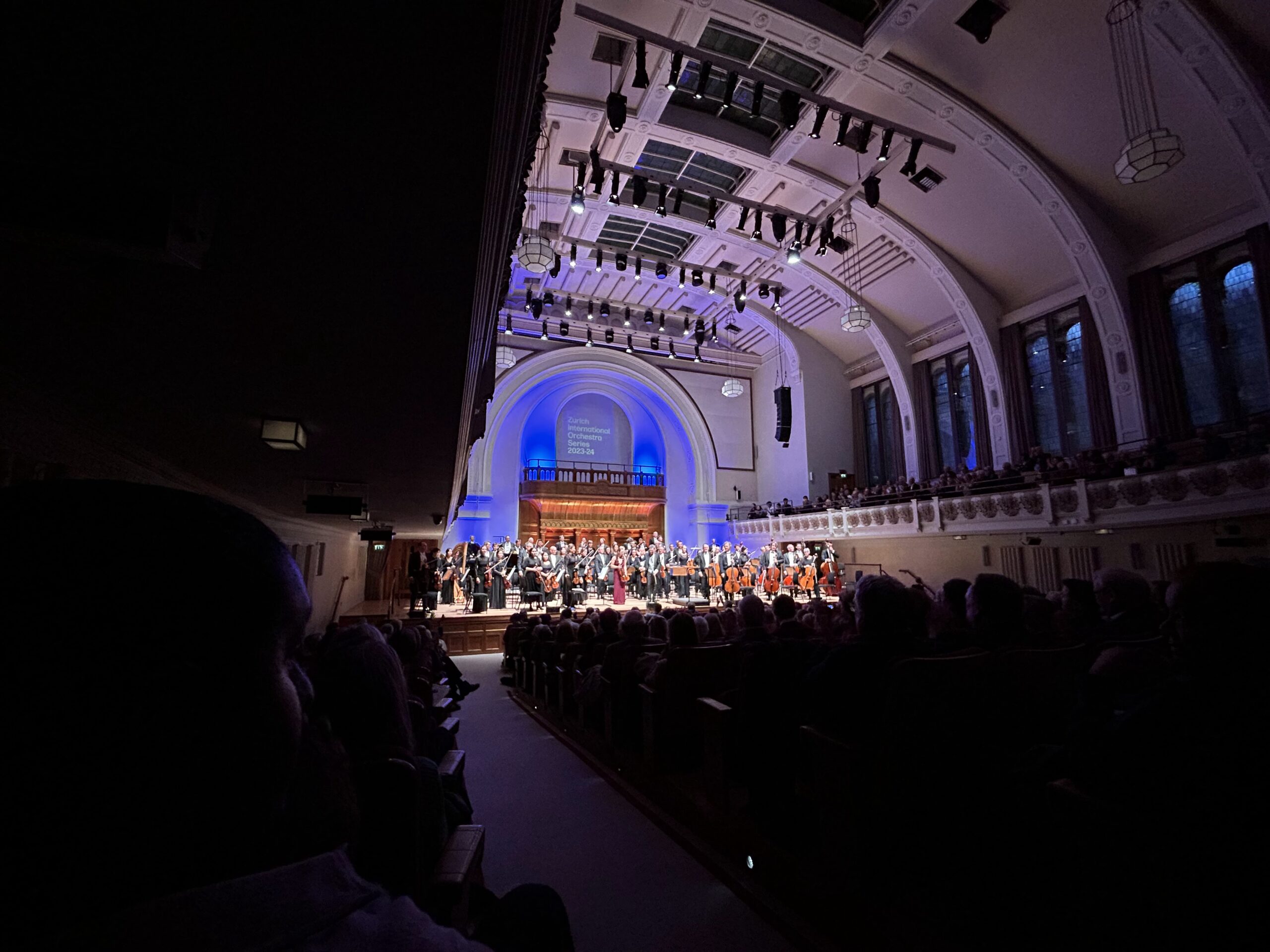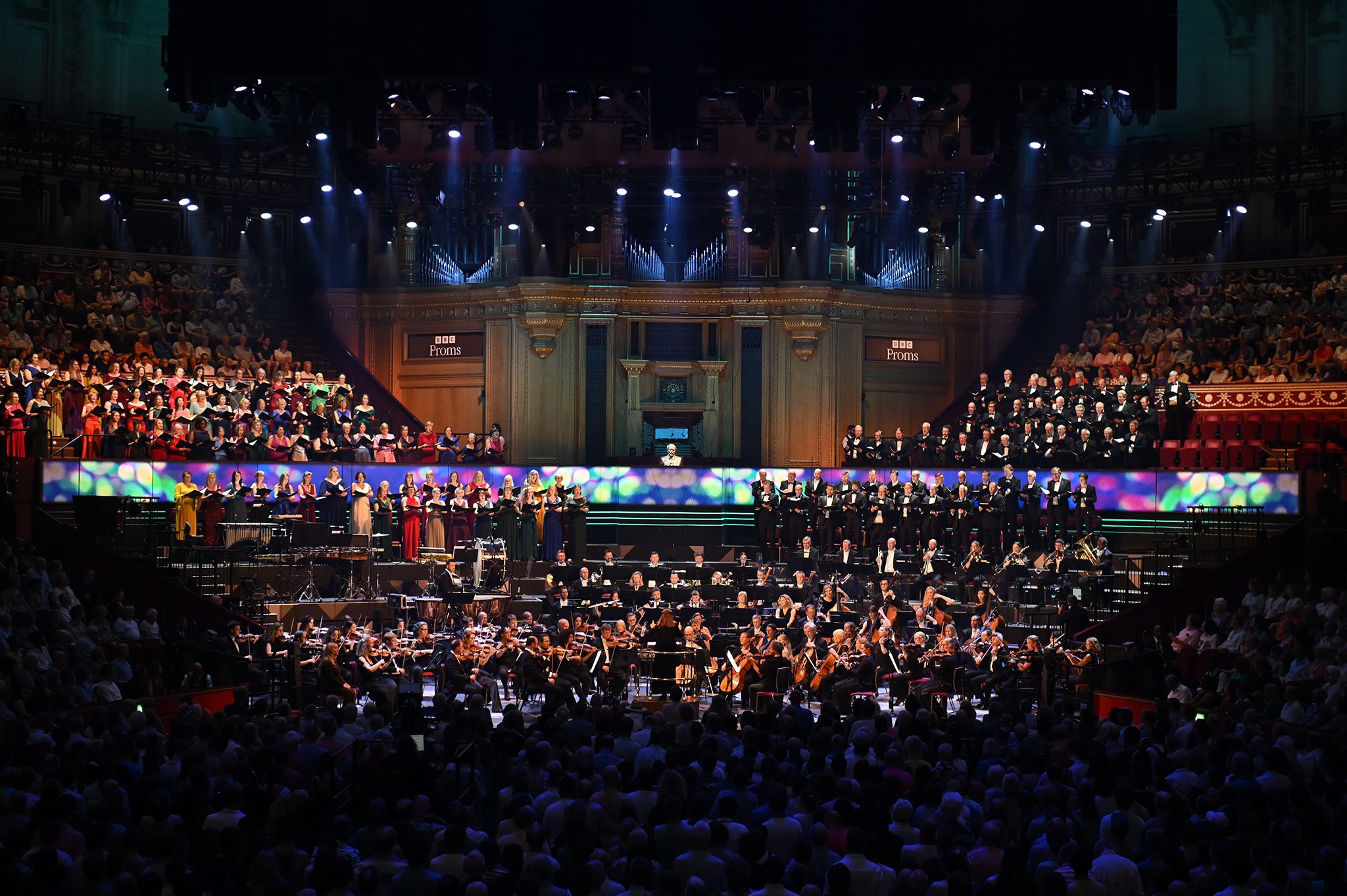Based on a fairly rough and ready comparison, Dresden Philharmonic’s Russian London programme of Mussorgsky, Shostakovich and Tchaikovsky last night was the best orchestral concert I’ve heard in Cadogan Hall for a long long time. Possibly even ever. Last night the visiting orchestra demonstrated their agility in mastering the hall’s acoustic in the hall to create a musical event that had weight, depth and poignancy.
Soloist Maria loudenitch’s self-assured consistent tone played a critical role in this demanding work that takes in torment, anguish, intense introspection and fierce virtuosity. loudenitch delivered throughout, only sometimes battling against the orchestra in the scherzo. Personally, I’d have liked a litlte more menace in the second movement, though the grit was evident and satisfying in the slow-burn third movement passacaglia and the devilish cadenza that followed.

Conductor Stanislav Kochanovsky stripped everything right back creating a rich tapestry of textures and colours that revealed far more detail in the score than would normally be perceptible in larger venues. From the dusty string accompaniment in the opening subject, creaking woodwind, and the ethereal gong and timpani, Kochanovsky’s love for detail added depth to this performance.
There was more detail to revel in Tchaikovsky’s 6th symphony – an ambitious undertaking given the space – well-executed with some balance issues in the loud sections of the third movement. The strings continued to demonstrate their considerable mettle throughout, with a real ‘close-to-the-mic’ feel that revealed a lot more varying texture in the score than I’ve heard before. Sometimes the woodwind struggled for attention, though special mention for principal flute Kathrin Bäz whose spirited solos decorated the underlying industry with panache and sophistication.
After what sometimes felt like a sedate third movement allegro (Scottish Chamber Orchestra’s rip-roaring Usher Hall rendition a few years back still casts a shadow on any orchestra’s performance to this day), the final movement lament took me by surprise. Impassioned playing that really resonated on a personal level. Kochanovsky succeeded in shaping increasingly intense emotional peaks and troughs that met the constraints of the physical space.
After the final chord sounded, performers and audience alike were suspended in silent reflection for what felt like an eternity, marking the end of a performance that at times emotionally felt a little too close to the bone. Just like art should be.
An invigorating night and a quick journey home to bed too. Perfect.



